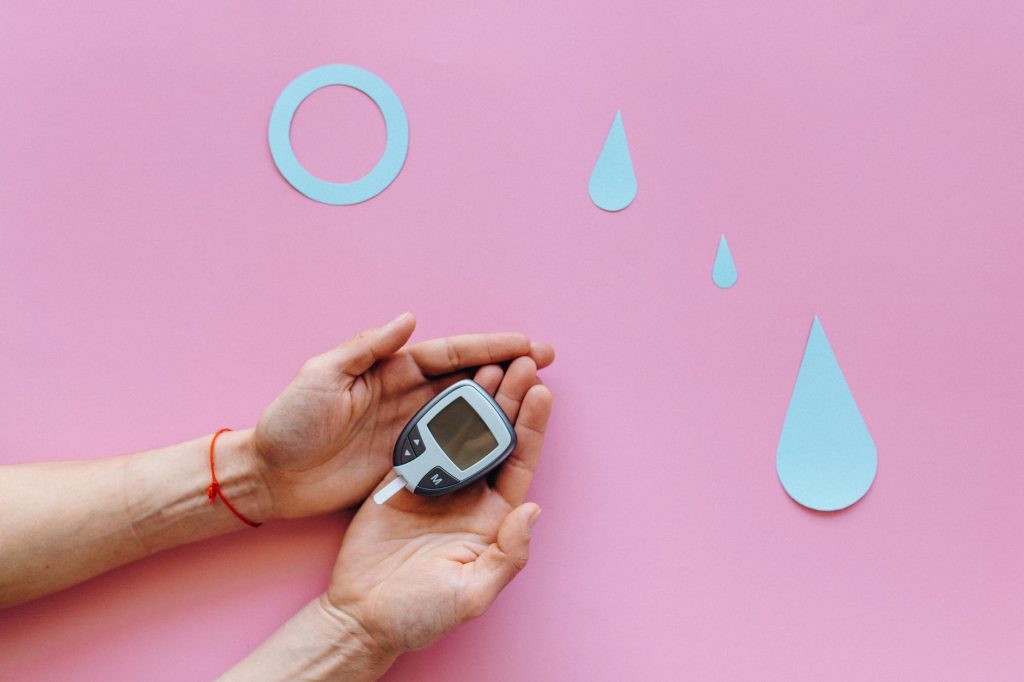
As an internist specializing in chronic conditions, I knows noticed diabetes requires a vigilant, multifaceted approach. Each patient’s journey is unique, layered with distinct challenges and solutions.
Navigating Blood Sugar
Blood sugar fluctuates with various factors. Daily monitoring becomes a tapestry of small readings creating a bigger picture. Tools like continuous glucose monitors reveal patterns unseen by sporadic checks. This data, though seemingly mundane, is vital. It’s a silent communicator, guiding treatment tweaks and lifestyle changes.
The Dance with Diet
Diet isn’t merely about low sugar. It’s a nuanced balance of macronutrients. Carbohydrates have a significant impact, often more than sugar due to their pervasive presence. Whole grains over refined ones create a slower release of glucose. Leafy greens, lean protein, and healthy fats work symbiotically. This diet isn’t restrictive; it’s transformative.
Regular Meals and Their Magic
Skipping meals disrupts this balance drastically. Regular eating times foster predictability in blood sugar levels. The body’s insulin response, a delicate rhythm, remains steady with consistent nutrition. Breakfast, often the most neglected, sets the tone for metabolic harmony for the day.
Hydration: The Silent Regulator
Few realize how dehydration can skew blood sugar levels. Hydration supports kidney function, crucial in diabetes management. Water isn’t just refreshing; it’s regulatory. Urine concentration reflects hydration status, another silent communicator of the body’s needs. Many overlook this simple yet profound aspect.
Exercise: More Than Weight Loss
Physical activity becomes a cornerstone not just for weight control, but for cellular sensitivity to insulin. Muscle contractions from exercise enhance glucose uptake independently of insulin. This reduces the burden on the pancreas. It’s not about rigorous training; simple, consistent movement like walking or light jogging suffices.
Stress: The Invisible Agitator
Psychological stress impacts blood sugar. It’s an often invisible force, yet profoundly influential. Stress hormones like cortisol and adrenaline trigger glucose release. Practices to manage stress—meditation, deep breathing, or even hobbies—create a buffer against these metabolic disturbances.
The Precision of Medication
Medication isn’t a blanket fix. It requires careful timing, precise doses, and consistent adherence. Deviations cause subtle imbalances that accumulate. Each patient’s body responds differently, necessitating a tailored approach. Careful observation of how medication impacts daily life is crucial.
The Unseen Power of Sleep
Sleep isn’t merely a repose but a restorative necessity. Poor sleep disturbs insulin regulation and increases insulin resistance. Establishing a regular sleep pattern helps metabolic processes. Deep, uninterrupted sleep is as vital as any medication.
Continuous Health Evaluation
Regular check-ups convert anecdotal experiences into informed adjustments. It’s through these visits that a holistic view of progress, setbacks, and necessary changes emerge. These consultations are collaborative dialogues rather than mere evaluations. Everyone’s different, from diagnosis to Dubai.

Smart Use of Technology
Technology offers non-invasive ways to monitor and manage diabetes. Apps that track meals, exercise, and glucose readings provide insightful summaries. This data, though fragmented, forms a comprehensive narrative. Technology is a supportive ally, not a replacement for medical advice.
The Emotional Journey
Diabetes management isn’t only physical. It’s deeply emotional. Facing chronic illness daily can wear on one’s mental fortitude. Emotional support systems—family, friends, or structured groups—cushion this reality. The journey is less isolating with shared experiences.
Emergency Preparedness
Hypoglycemia and hyperglycemia demand immediate action. Keeping emergency snacks or glucose tablets on hand isn’t just prudent; it’s lifesaving. Understanding early symptoms allows preemptive measures, averting full-blown crises. Preparedness is proactive care.
Customized Physical Activity
Not all exercise regimens suit every diabetic. Personalized programs, considering individual capabilities and limitations, maximize benefits. Consulting healthcare providers before starting any new exercise ensures it’s beneficial and safe. Incremental, steady integration matters more than intensity.
Continuous Education
Staying informed about diabetes evolves beyond initial diagnosis education. New research, medications, and management techniques continuously emerge. Knowledge empowers individuals to adapt and optimize their routines. It fosters proactive rather than reactive care.
Resilience and Adaptation
Adapting to diabetes requires resilience. It’s not a static condition but a dynamic one. Daily resilience builds through incremental adjustments and learning from setbacks. It’s a journey of adaptation rather than conquest.
Intricacies of Social Life
Social settings present unique challenges. Navigating family gatherings, social outings, and cultural practices require nuanced approaches. It’s about balance and flexibility, not avoidance. Negotiating these intricacies fosters a harmonious life with diabetes.
Concluding Reflections
Diabetes management is an evolving narrative. It interlaces each day with threads of vigilance, adaptation, and resilience. Beyond medical protocols lies a human story filled with subtle complexities. Understanding this depth allows a richer, more empathetic approach to care.
